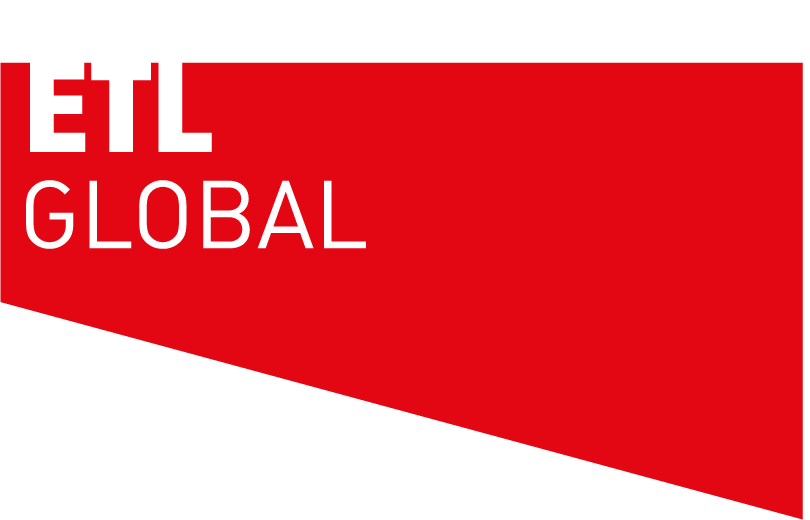The progression into a Digital Age has impacted most industries and has reflected in most companies being in the avid process of digital transformation. As a result, many businesses feel they have been ‘left behind’ and are in a constant stage of playing catch up, rather than being ahead of the curve.
This is no different for professional service firms, with constant innovation, technological developments, and new legislation, the industry is experiencing seismic change. This change also makes it harder for many firms to recruit the right people for their business. One strategy that has emerged from the digital transformation is talent acquisition.
In this blog, Jenny Jones – Director of ETL Resourcing, explains what talent acquisition is and why your business needs an effective talent acquisition strategy…
What is Talent Acquisition?
In its simplest form, talent acquisition is the process of finding the right person for the job. The talent acquisition team is responsible for a diverse range of processes within the business including; sourcing, headhunting, building talent pools, onboarding employees and supporting businesses with the ongoing development of an effective employer brand.
Recruitment v Talent Acquisition
It is understandable that many people confuse the distinction between recruitment and talent acquisition. On the surface, they both ultimately share the same goal; hiring people for job positions. However, there are significant differences between the two processes.
Recruitment refers to the short-term process of filling a business’ immediate staffing requirements. On the other hand, talent acquisition is an overall business strategy that addresses the long term demands and direction of the business.
Talent acquisition considers the suitability of candidates to the culture and responsibilities of each individual role to ensure the long term success of the team and the business.
Benefits of Talent Acquisition
Often, the most suitable person you need for the job is not actively looking for a new position, as they are already successful in their current role. Talent acquisition goes beyond sourcing active candidates on job posting sites and seeks to identify the most relevant talent for your business.
This strategy builds a pipeline of potential talent that is engaged and ready to fill relevant positions in your business. In turn, having a pool of potential candidates at the ready dramatically reduces costs and time of sourcing new candidates and increases the likelihood of a successful employment relationship.
The increase in employee benefits and experience such as flexible working initiatives has intensified the competition for top level talent. Research from IWG has found, 70 percent of employees in professional services work remotely one day per week and at least 50 percent work remotely for at least half the working week. An effective talent acquisition strategy can position your firm ahead of competitors and allows your business to grow and develop by attracting the most innovative and skilled employees.
Examples of Talent Acquisition
Employer Branding
Equivalent to a corporate brand, an employer brand represents the market’s perception of your business as an employer and communicates the employee experience (culture, benefits, workplace) that will be exchanged for the contract, skills, and talent of potential candidates that join your team.
Your employer brand is vital to the success of your talent acquisition strategy. A coherent and consistent representation of your firm across all channels, think; website, social media, marketing materials, and career pages, all contribute to the perception of your business to potential candidates.
Your employer brand is crucial to attracting the best talent for your business and forms the starting point of your candidate experience.
Interview Skills
Unsurprisingly, interviews are one of the most important opportunities to make a strong impression on candidates. During an interview, candidates are interviewing you as an employer as much as you are interviewing them. Therefore, it is surprising that few companies create an engaging interview process and rarely consider the effectiveness of their interview skills as an employer.
Candidates spend the majority of their effort preparing for an interview, but how much effort do you put into preparing the interview? If the answer is very little, and you regularly use the same predictable questions for each candidate regardless of the job role and expectations, then your interview process needs a serious shake up.
Many candidates are more than familiar with the generic, common interview questions and have perfected the ideal answer, which can result in hiring the best interviewee, but not necessarily the best employee. Regular interview training for managers and HR professionals within your business ensures the right questions are being asked during the interview process and the best person is hired for the job.
Succession Planning
There are more reasons than an employee accepting a new external job that can catalyst a period of change within a business, for example; retirement, illness or internal movement etc. Therefore, it is only logical to ensure your business is well prepared to adapt to any changes in the internal structure.
Succession planning is a process that focuses on identifying and nurturing talent from within the business to fill management and leadership roles in the future. A major benefit of succession planning is employee retention, if employees are aware of the long term vision of the business alongside effective training and mentoring, it is more likely those employees will remain at the company for longer. This develops the talent pipeline for the business by developing and encouraging talent to stay within the organisation.
Jenny Jones is Director of ETL Resourcing, she has worked in recruitment with various high-profile companies for over 10 years. ETL Resourcing is a dedicated talent acquisition partner for ETL Global partners and many businesses around the UK. If you are interested in developing the recruitment and retention strategies for your business or improving your employer brand, contact Jenny Jones:



